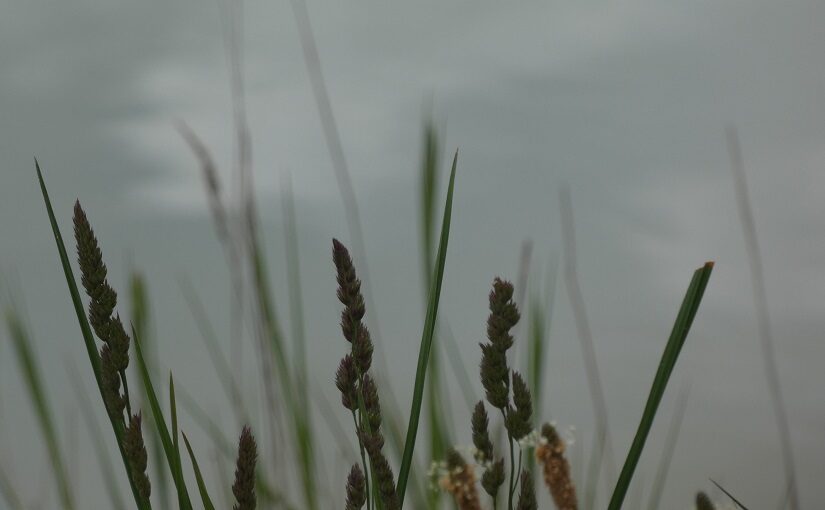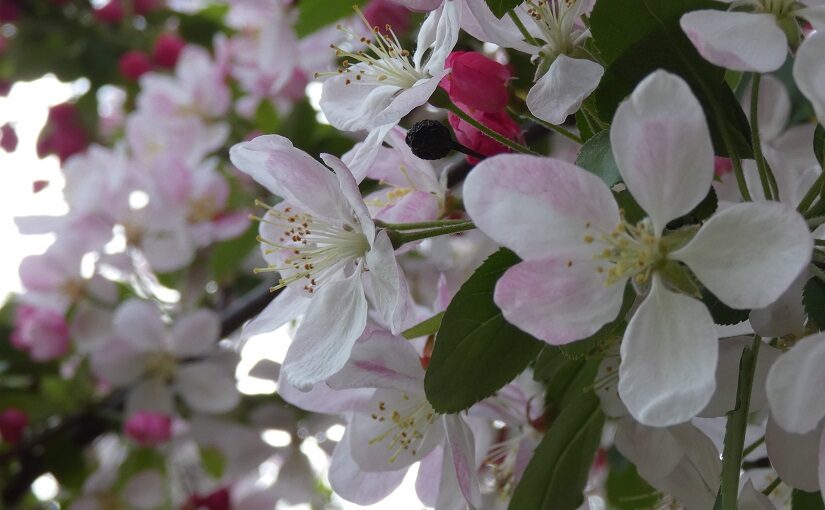If we all thought and behaved in the ways modelled for us by culture, what would life be like? All that we took in becoming forces capable of transforming society, for better or worse. Every suggestion an example or condonement of how to be: how to view things, judge and act towards them. Is that what culture is? The palette of options from which to construct ourselves and build our community.
As if we might adopt any one of these examples and make that how we’ll live: the attitudes, gestures, language, assumptions we’ll weave into daily life to inform our relationships and set the tone for who we are. Shaping how we might see people, the thoughts we’ll have about them and interactions that’ll soon become part of everyone else’s lives.
Yet aren’t we surrounded by increasingly questionable suggestions? Strangely unsustainable and unwise ideas for how to live, either socially or environmentally. Ways of being that, if adopted, could cause fairly significant amounts of strain on society and all the lives tangled in its web; relationships between genders or generations perhaps veering off into uncharted territory.
Or is this a conversation we’re better off participating in rather than imitating? A slightly one-sided perspective that relies on us bringing something more to the table. Like a mirror held up to society, reflecting on us and asking that we consider what it’s offering before deciding how we will be in response. Almost this collective mental process where we can contemplate ourselves as individuals living within the whole.
As if culture might be the place we go to make sense of life: its activities providing the insight and oversight we need but that reality rarely supplies. This vital conversation running alongside society, drawing out the threads and pulling together the bigger picture with all of its details and significance. A place of representations, possibilities and scenarios playing out safely set apart from the risks of everyday reality.
In the confines of our minds can’t we consider things we’d never choose to do? Options we might wisely file away as unethical, inappropriate or dangerous. The takeaway perhaps being that much of what we’re seeing paraded before us may be best viewed as cautionary tales of entertaining yet otherwise unhelpful notions of how we might be.
This sense in which culture can spark a conversation, a further digestive process around what’s offered, wherein we might conclude its examples are terrible ways of being that fly in the face of so much of what social life demands of us. That we don’t have to agree with or accept these suggestions unquestioningly so much as call up our own thoughts in response to it all – our own decisions around how we will live.
Ideally, then, would we all respond the same to what’s put before us? All judging culture’s representations the same way – in light of the same understanding of what’s healthy or constructive for individuals and community – before letting things filter back through us into society.
Notes and References:
What are we building here?
The battlegrounds of our minds
Nothing short of everything
Treading carefully in the lives of others
Going along with what we see
Navigation, steering & direction
All that we add to neutrality










